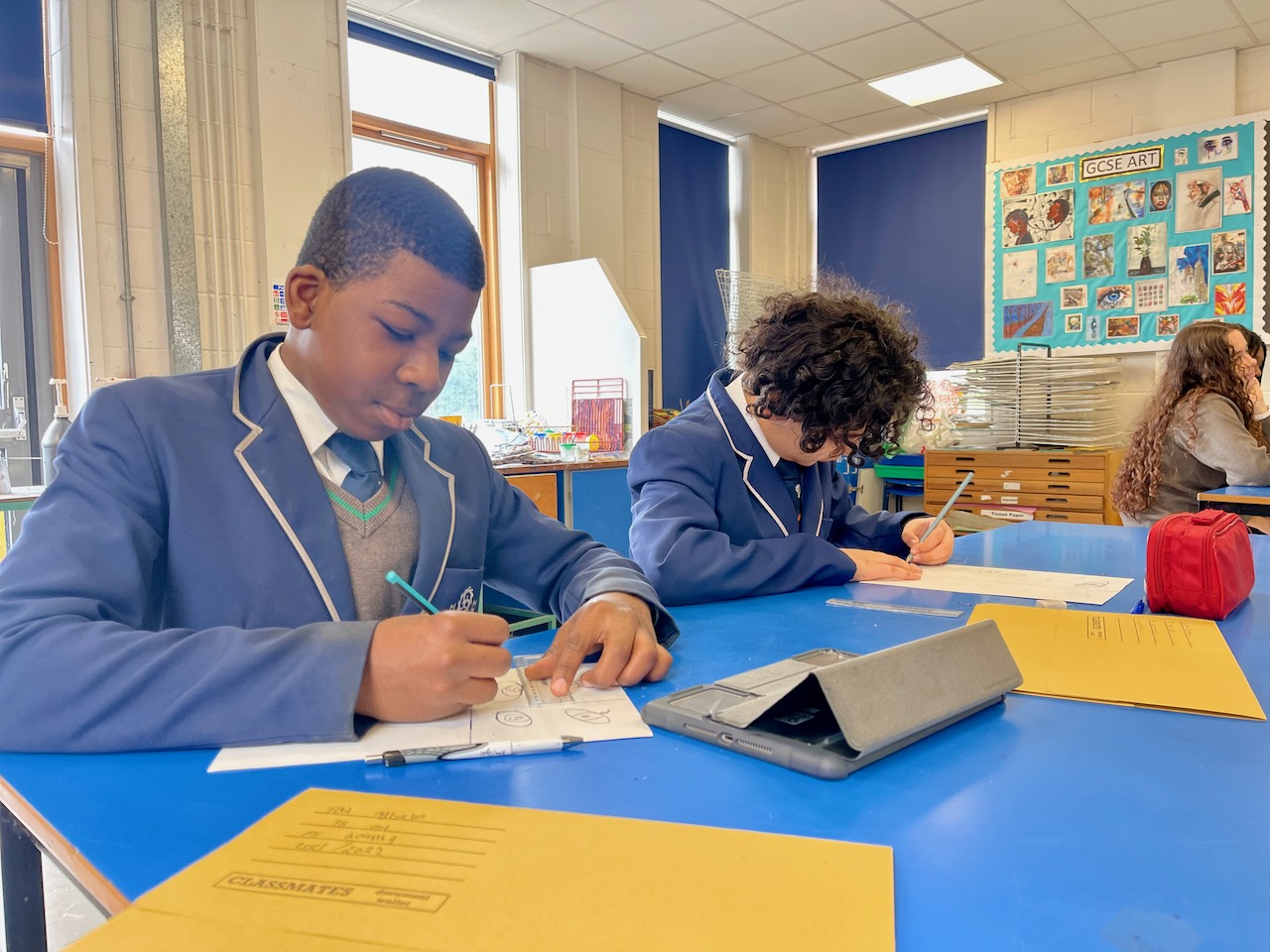‘Education is not the learning of facts, but the training of the mind to think’ - Albert Einstein
Self-regulation and metacognition are further skills that enhance student learning and understanding. These skills focus on a student’s awareness of how to study and learn as well as their motivation to do so. Key to self-regulation and metacognition are a student’s understanding of how to explore and apply ideas. Self-reflection and an awareness of their own individual strengths and limitations is also central to these skills. It is through this that students become empowered and successful learners. Metacognition literally encourages students to think, whilst self-regulation encourages them to focus. Through the development of these skills students can become the owners of their own learning and destiny as they develop into confident, resilient and independent learners. Using the guidance and support given through our taught and wider curriculum therefore we aim to ensure that all students:
- develop the strategies needed to find information, plan, monitor and evaluate their own learning
- develop an awareness of the steps to follow when learning and applying knowledge
- know how to organise their time and resources to support their learning
- recognise mistakes that they have made and know how to correct them
- feel motivated and empowered to focus on their learning so that they can work independently with confidence
How do we do this?
In order to ensure that the skills of self-regulation and metacognition are continuously developed and enhanced in our students, we focus on three key areas:
- the development of self-regulation and metacognition through the taught curriculum
Using research based evidence from the Educational Endowment Fund, we seek to embed self-regulation and metacognition through our everyday classroom practice. With a focus on explicitly teaching students how to plan their work, monitor their learning and evaluate their progress, teaching in every subject seeks to enhance self-regulated learning in our students. Through the use of modeling teachers encourage students to understand the learning and application process and in turn students develop the confidence that they need to undertake tasks independently. Feedback is also used to ensure that students are able to clearly see areas of strength and areas for further focus. Please click the following link for further information:
https://d2tic4wvo1iusb.cloudfront.net/eef-guidance-reports/metacognition
/Summary_of_recommendations_poster_2021-10-27-151056_qiiz_2021-10-29-074723_miux.pdf?v=1635493643

-
The development of self-regulation and metacognition through the wider curriculum
Our tutorial programme aims to further develop self-regulation and metacognition through both its focus on oracy and wider themes focusing on our core values of respect, consideration, success, responsibility and loyalty. By exploring these themes through the spoken word, students are given the opportunity to process their importance and the role that they play in ensuring that these are central to our school community. Enrichment activities provide our students with further opportunities to pursue educational and wider areas of interest and encourage them to consider themselves and their school journey in a more holistic way. You can find further information on our tutorial and extra-curricular programmes via the links below:
http://www.bishopstopfords.enfield.sch.uk/extra-curriculum/
Link to tutorial programme
-
Behaviour for learning and restorative practice
At Bishop Stopford’s school we encourage public recognition of excellence, using positive student conduct and achievement as an example to others. Praise in lessons has a positive impact on learning and achievement and helps to model to others what being a successful, self-regulated learner involves.
Restorative practice is also a key part of our school ethos and further aims to develop emotional literacy, conflict resolution skills, accountability and responsibility. By encouraging students to talk through issues we aim to enhance their metacognition and self-awareness, enabling them to understand and reflect on how they can adapt their responses to situations in school and the wider community. In doing so our students can increasingly become self-regulated, successful learners. For further information please refer to our student behaviour policy http://www.bishopstopfords.enfield.sch.uk/about-our-school/policies/
-
Additional Targeted Support
Mentoring programmes provided both by our in school mentor as well as Enfield’s Secondary Support Service aim to support students when additional guidance is needed. Targeted support, including the practice of storyboarding and Cognitive Behaviour Therapy within our SEND department, enables students to consider issues in school, express their emotions and process events in a structured way. By working through the issues that they may face, we aim to equip our students with the skills they need to reflect, communicate and interact effectively within our school community and beyond.

